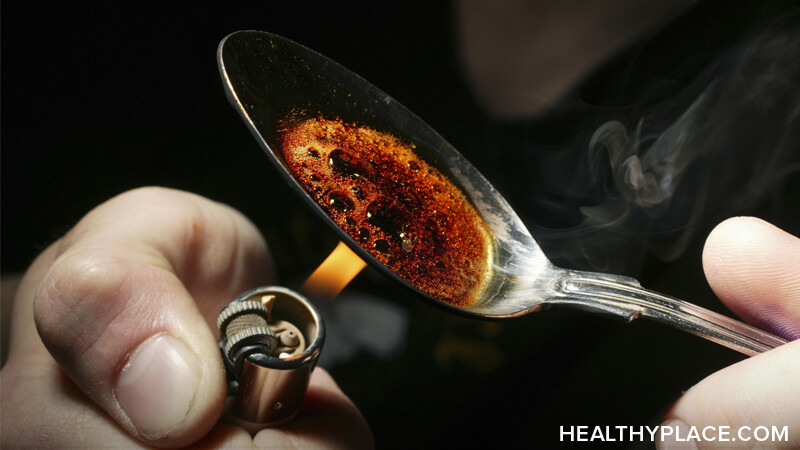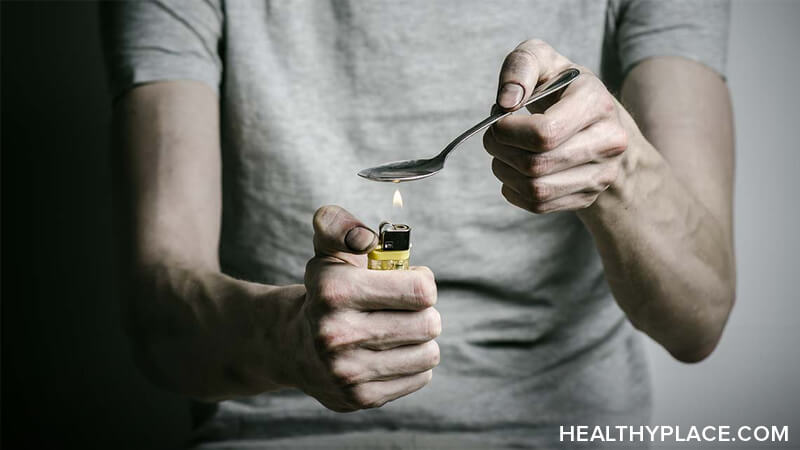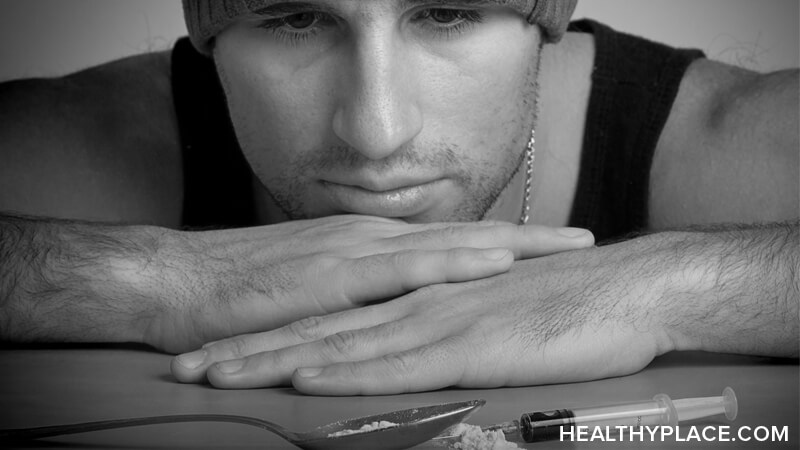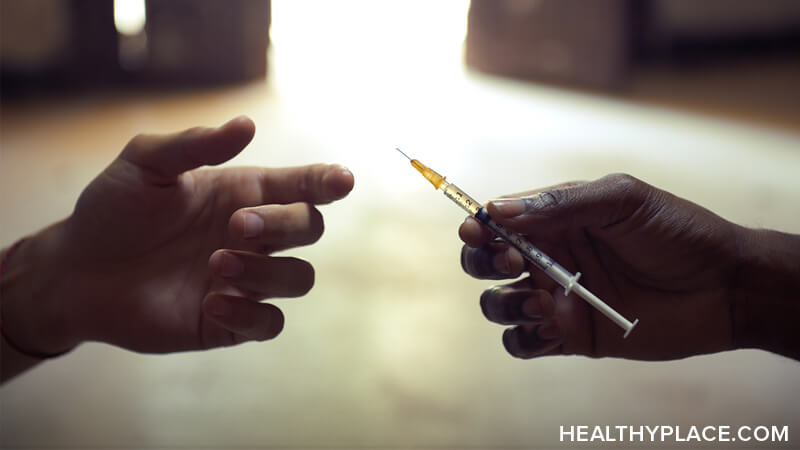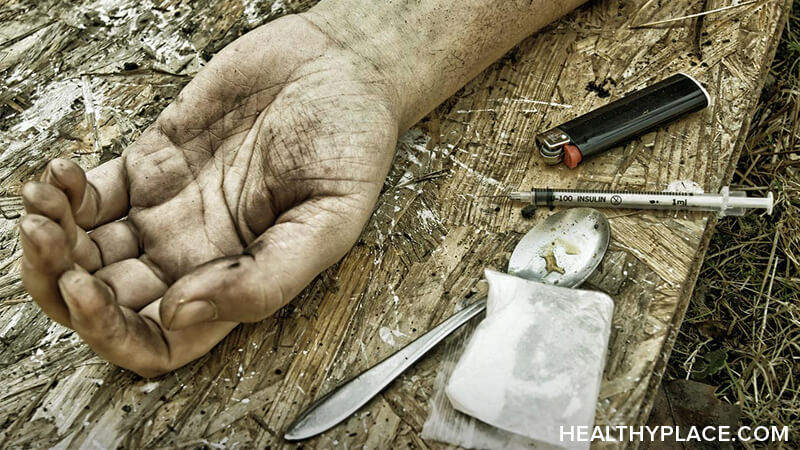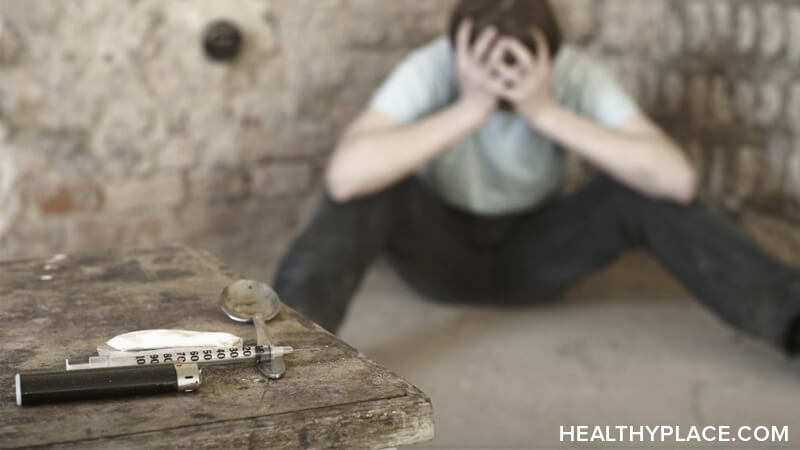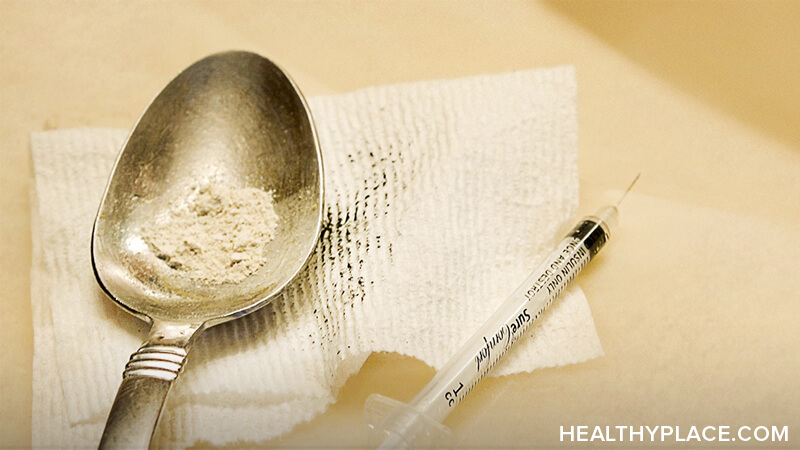What is Marijuana? Information on Marijuana
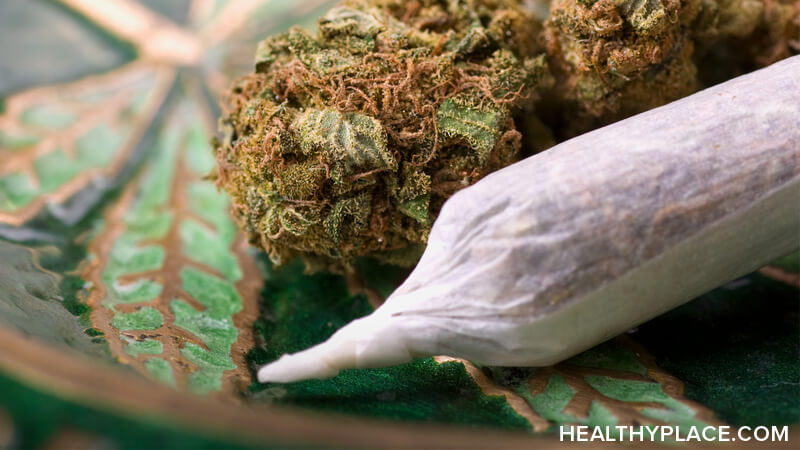
When people ask "what is marijuana," they're probably not inquiring about the many industrial preparations made from the cannabis plant.The answer to, "What is marijuana?" typically refers to a product from which to become intoxicated (get high).
Marijuana, sometimes spelled marihuana (its Mexican Spanish spelling), is a psychoactive drug that has been used for thousands of years. The active drugs within marijuana are known as cannabinoids. Information on marijuana shows the most common cannabinoid within marijuana is named delta-9-tetrahydrocannabinol, commonly known as THC.1
More detailed information on marijuana facts and statistics.
What is Marijuana? - Information on Marijuana Forms
Marijuana can take many forms but all forms originate from the female cannabis plant. Information on marijuana indicates marijuana can be seen as:
- Unprocessed - the dried flowers and leaves of the cannabis plant
- Kief - powder resin glands from the cannabis plant, rich in cannabinoids
- Hashish (hasheesh, hashish) - a concentrated resin from the flowers
- Hach oil - a potent oil and resin compound extracted from the cannabis by a solvent
- Residue (resin) - tar built-up on the insides of items used to smoke marijuana
What is Marijuana? - Marijuana Use Information
According to marijuana information, smoking is the most common way to use marijuana. Marijuana is typically rolled into paper joints or tobacco leaf blunts, or smoked in small pipes. Information on marijuana indicates it is also often smoked through a bong, which is similar to a portable hookah, with a water chamber.
Information on marijuana use also shows marijuana can be consumed:
- By vaporizer - a device that heats marijuana to very high temperatures to allow the active drug to be inhaled rather than smoked
- Orally - only after cannabis has been heated or dehydrated, making the psychoactive drugs available to the body (read: marijuana effects on body)
- Via tea or tincture
What is Marijuana? - Hemp and Marijuana Information
According to the Random House Dictionary, hemp is defined as a "tall coarse plant, Cannabis sativa," and is a synonym for marijuana. Hemp is also defined as the tough fibers of the cannabis plant.2 Further, marijuana is also defined as the "dried leaves and females flowers of the hemp plant."3
While these definitions are technically true, marijuana information indicates that in common usage, marijuana refers to the plant from which people get high, whereas hemp is the fibrous stalks grown for the making of hemp products like rope. The hemp used for industrial purposes cannot be used to get intoxicated.
What is Marijuana? - Information on Marijuana Street Names
Marijuana is the most commonly used illegal drug in the world so it's not surprising that marijuana information shows a huge number of street names for the drug. Information on marijuana indicates street names are regional, but some common street names include:
- Pot
- Weed
- Dank
- Gange
- Mary Jane
- Jane
- Hash - short for hashish
- Butane honey old (or BHO) - hash oil
APA Reference
Tracy, N.
(2021, December 15). What is Marijuana? Information on Marijuana, HealthyPlace. Retrieved
on 2025, May 23 from https://www.healthyplace.com/addictions/marijuana-addiction/what-is-marijuana-information-on-marijuana
